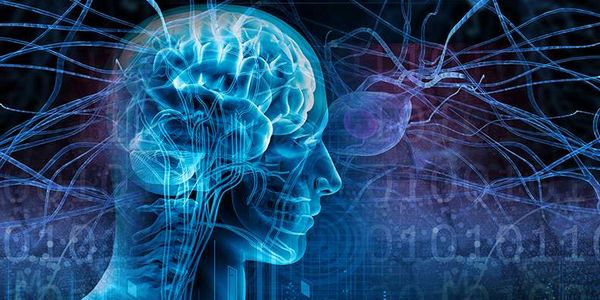Neurosis: what is this, the cause of the, symptoms, diagnostics, treatment, prevention

Neurosis - a collective name, belonging to the group of functional psychogenic disorders, which tend to be protracted course. Unambiguous definition of medical and biology neurosis has not received, and, may be considered, as a functional disorder of higher nervous activity.
Neurosis: the cause of the
Usually, factor, provokes neuroses, conflicts are, as external, and internal, prolonged stress condition and psychological trauma.
Other causes of neuroses:
- fatigue;
- environmental fatigue;
- radiation impact;
- serious illness.
considering the neuroses, karen Horni (American psychologist and psychoanalyst) thought, that neurosis - a protective reaction of the psyche from the adverse social factors. It can be a parent controls the love, humiliation, social isolation, prenebrezhitelynoe respect, aggression. To guard against these manifestations, It forms a kind of psychic protection: from people, to people and even against people. The movement of people is manifested in the need for independence, freedom, the distance. The movement of people is manifested in the need to subordinate, love, subjection, protection. The movement against the people manifested the need for success, recognition and triumph. In neurotics, there are three types, one dominant.
Today allocate such psychological factors of development of neuroses:
- features and conditions of the individual development;
- especially education;
- level of claims;
- relationship with society.
and biological – functional failure neurophysiological and neurotransmitter systems, that make people more susceptible to the effects of psychogenic.
Neurosis: symptoms of neurosis
Allocate mental symptoms:
- indecision;
- emotional trouble, mood instability;
- communication problems;
- distorted self-esteem;
- experience anxiety, fears, panic attacks;
- irritability;
- increased sensitivity to stress;
- tearfulness;
- vulnerability;
- preoccupation with the traumatic situation;
- sensitivity to changes in temperature, bright light, sudden or loud noises.
Physical symptoms:
- pain: head, heart, abdominal;
- fatigue, low performance;
- dizziness and pressure drops;
- eating disorders;
- sleep disorders
- hypochondria;
- Sweating, heartbeat, pressure fluctuations, GIT works violation;
- lower potency and libido.
Neurosis: diagnostics
Diagnosis of neurosis is based on a survey and instrumental examination of the patient. To exclude somatic diseases is extremely important objective inspection, because some diseases of the body can provoke changes in the psychological and psycho-emotional human behavior.
Neurosis: types of disease
Most authors distinguish 3 classical type of neurosis:
- neurasthenia;
- vapors;
- obsessive-compulsive disorder.
some authors, in the case of children's neuroses are added to the three classical types of anxiety neurosis. some authors (L. B.Gakkel, FROM. N. Davidenkov, FROM. N. Dotsenko, B. I Pervomaiskii), with reference to the teachings and. P. Pavlova, third basic form is considered psychasthenia, not obsessive-compulsive disorder.
According to the leading manifestations of neurosis sometimes divided into asthenic, phobic, obsessivnyj, depressive, hypochondriac syndromes, and sleep disorders, vegetative-visceral disorders, sexual dysfunction, sensory disturbances, eating disorders, movement disorders, sensory disturbances, etc..
Neurosis: patient actions
After setting the diagnosis of the patient may be referred to physicians of different specialties: therapists, neurologists, hastroэnterolohov, cardiologists, etc.. Although pathology mainly refers to the competence of Neurology and Psychiatry.
treatment neurosis
In the treatment of the neuroses used phytotherapy, psychotherapy, bracing means, psychotropic and sedative drugs (adapter and etc). Good effect gives acupuncture, massages. Timely access to a doctor to help prevent chronic process.
Oslozhneniya neurosis
Neurosis does not lead to disability, but often violate the quality of life of the patient and his family. Untreated, chronic neurosis may lead to the development of neurotic personality.
Neurosis: prevention
Preventive measures may include social and psycho-hygienic measures, the purpose of which is the removal of emotional stress. To this end, different methods are used, but the first place is rest and correction of the rhythm of life.
